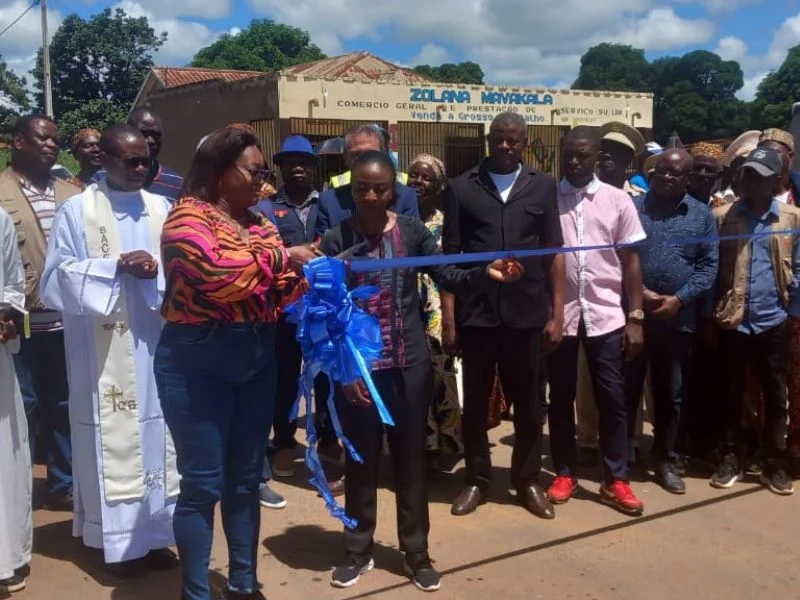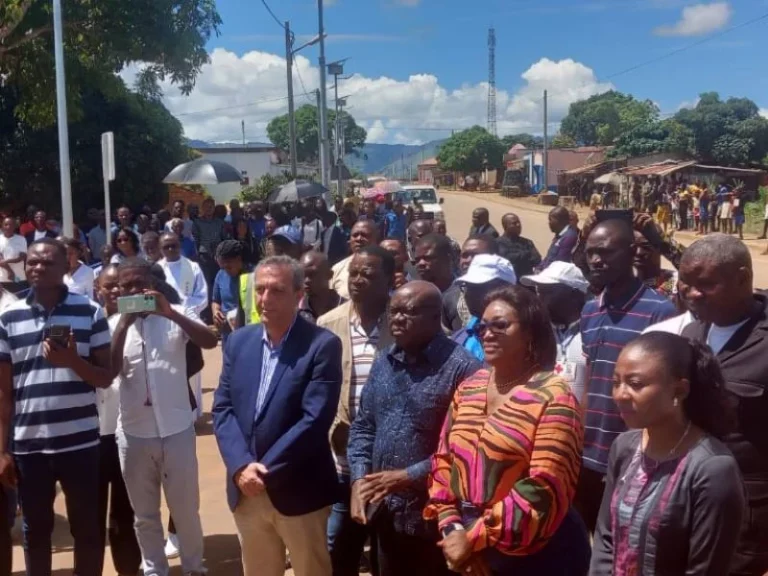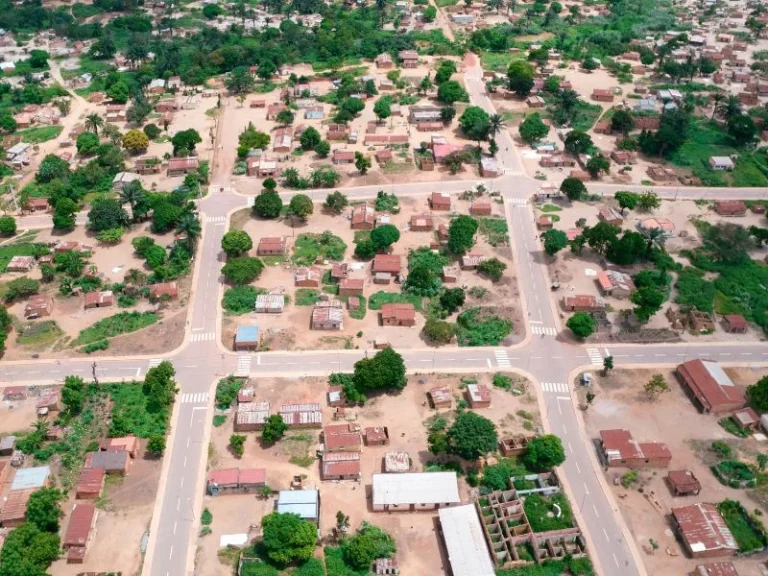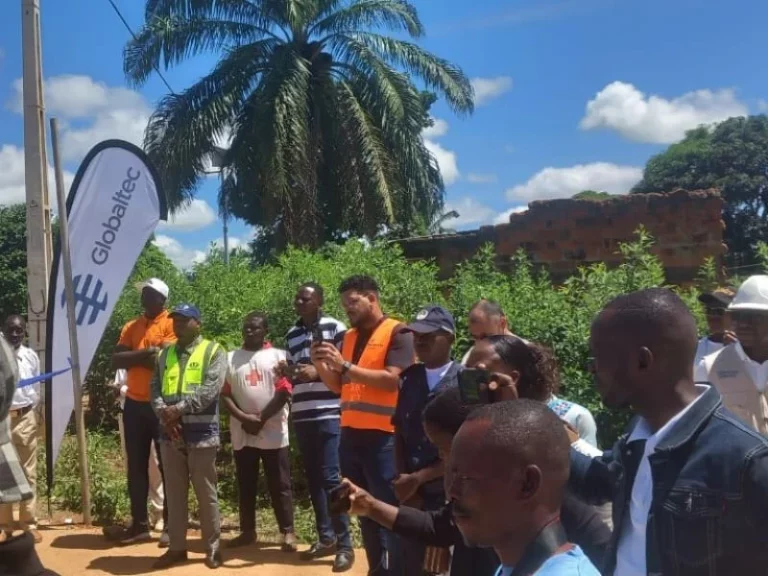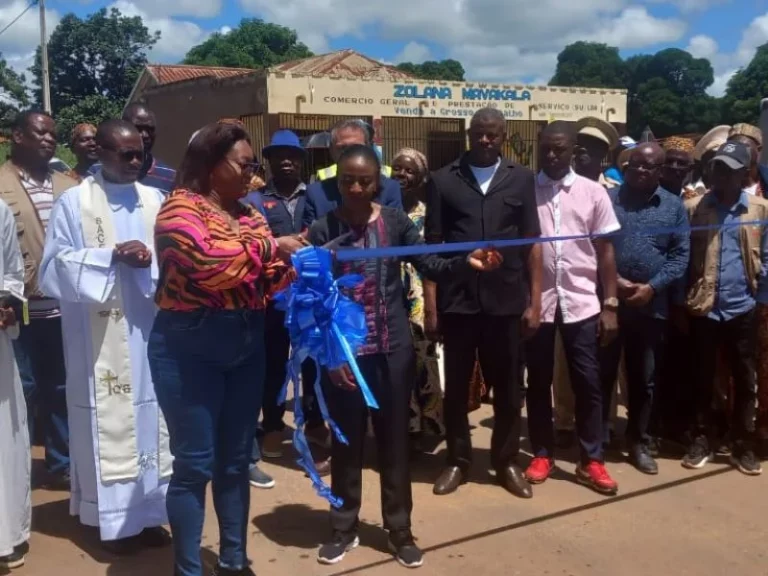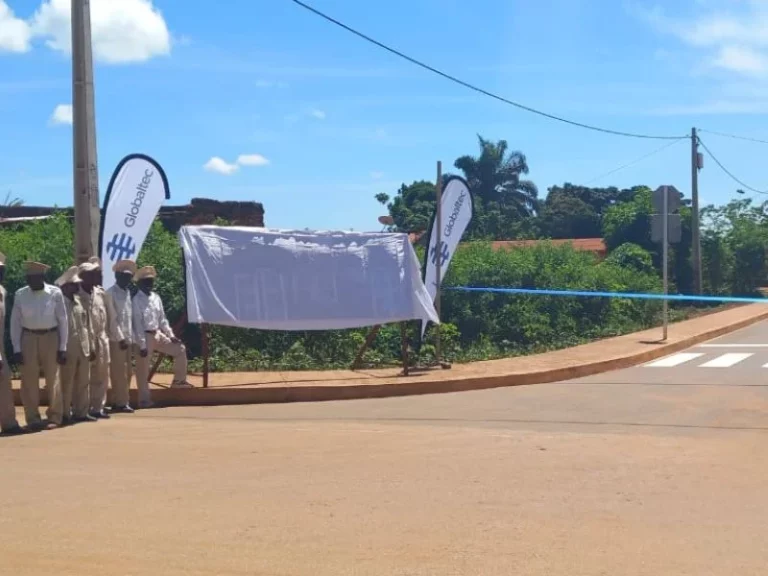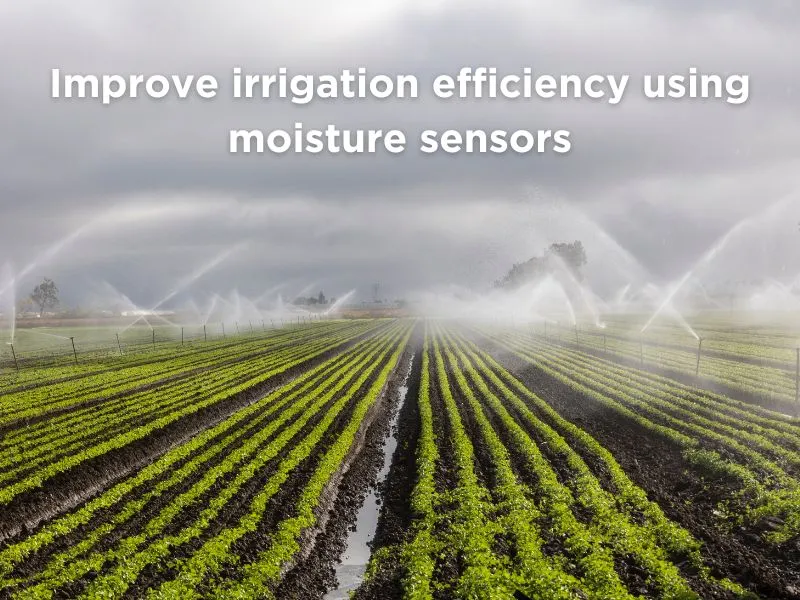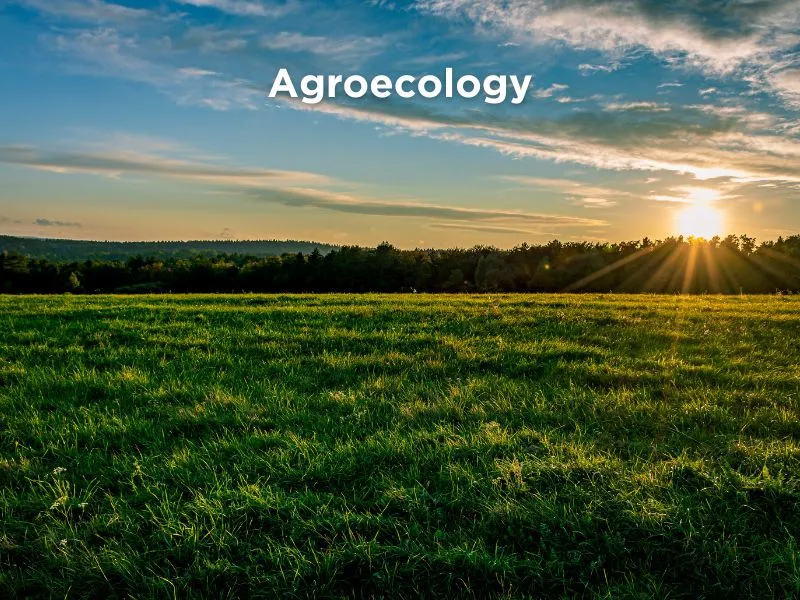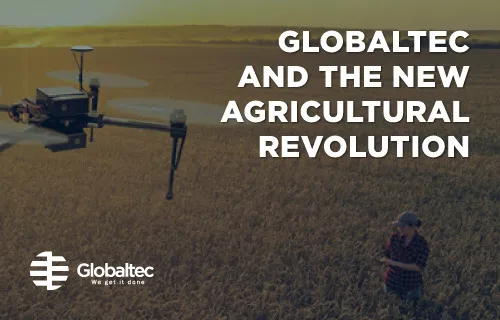📆 On 17 April 2024, Globaltec submitted the results of the work carried out on the “Master Plan – National Plan for Agricultural Product Storage” to its Senegalese client, ORSRE (Organe de Régulation du Système de Récépissé d’Entrepôt), which is part of the Ministry of Commerce and Industry. The objective of the Master Plan is to realise a study on the development of a national network of agricultural product storage system in Senegal. ✅

Globaltec is very proud to have conducted this study in collaboration with ✅ Organe de Régulation du Système de Régulation de Marchandises au Sénégal (ORSRE), through a multinational technical team with support from local technicians. The implementation of this network of storage infrastructures will help strengthen and develop the agricultural value chain in Senegal, while improving the country’s food security and sovereignty, a crucial issue in Africa.
📈 📉 The study was commissioned by the government of the Republic of Senegal, from within the current Ministry of Commerce and Industry, carried out by Globaltec, and funded by the FIEM Non-Reimbursable Fund, the Ministry of Economy, Trade and Business, and the Economic and Commercial Office of the Spanish Embassy in Dakar under the Spanish government’s Recovery, Transformation, and Resilience Plan, financed by the European Union (Next Generation EU), and managed in collaboration with ICO and Deutsche Bank.
#wegetitdone #globaltec #dakar #nextgenerationfunds #sdg2030 #africa






